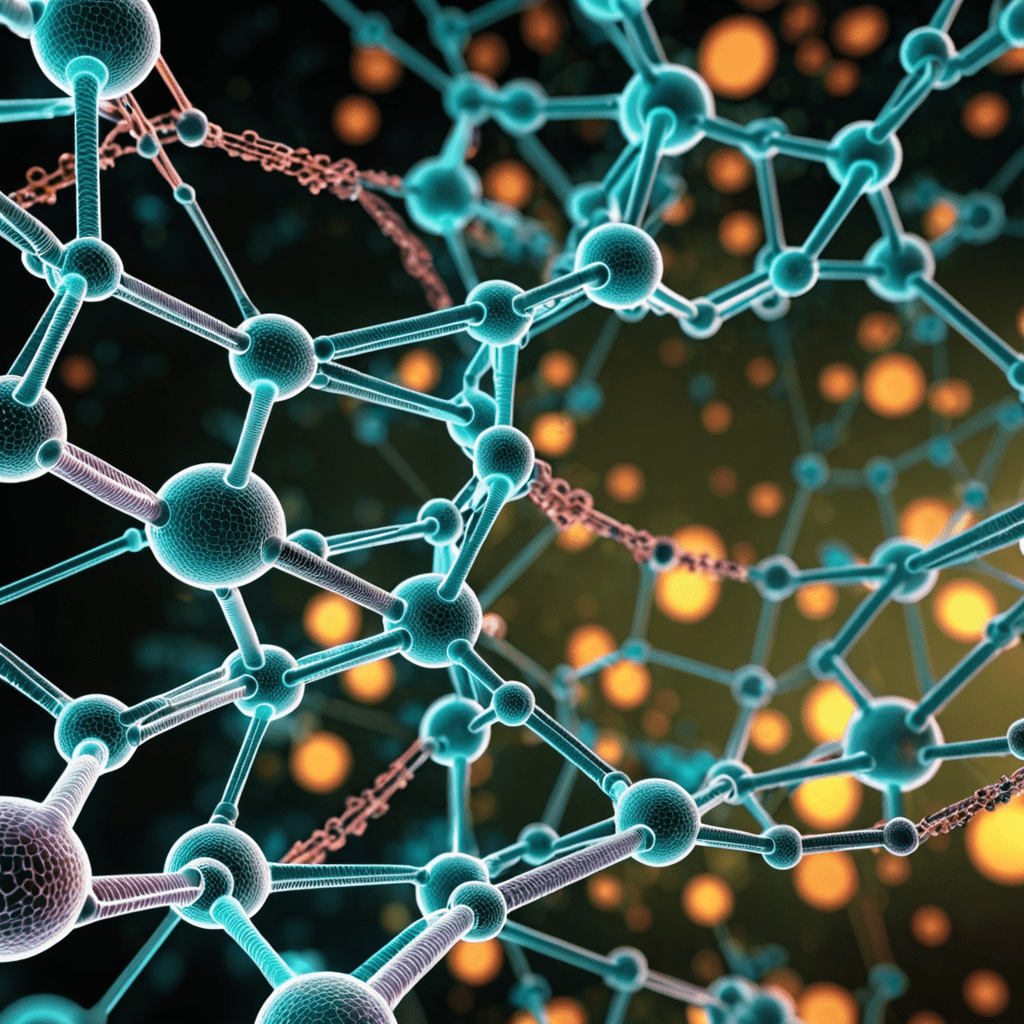The Importance of Biotechnology in Enhancing Biosecurity
Biotechnology plays a crucial role in safeguarding against biological threats. By leveraging advanced techniques and tools, biotechnologists can develop vaccines, diagnostics, and treatments to combat various pathogens effectively.
Understanding Biosecurity Measures
Biosecurity encompasses strategies and protocols implemented to prevent the entry, emergence, spread, and release of harmful biological agents. These measures are essential for maintaining public health, agricultural safety, and national security.
Biotechnological Innovations for Biosecurity
Biotechnological advancements have revolutionized biosecurity efforts. Technologies like gene editing, synthetic biology, and next-generation sequencing enable rapid identification of infectious agents and the development of targeted countermeasures.
The Role of Genetic Engineering in Biosecurity
Genetic engineering allows for the modification of organisms to enhance biosecurity. This technology can be used to create bioengineered crops with built-in resistance to pests and diseases, reducing the need for harmful pesticides.
Challenges in Biotechnology and Biosecurity
Despite its potential, biotechnology also poses certain challenges to biosecurity. Issues such as the misuse of bioweapons, accidental release of genetically modified organisms, and ethical concerns surrounding genetic manipulation must be addressed to ensure responsible and safe biotechnological research.
International Cooperation in Biosecurity
Given the global nature of biological threats, international cooperation is essential in enhancing biosecurity. Collaborative efforts between countries, research institutions, and regulatory bodies are vital for early detection, rapid response, and coordinated management of biosecurity risks.
The Future of Biotechnology and Biosecurity
As biotechnology continues to advance, the future of biosecurity holds great promise. Integrating cutting-edge technologies with robust regulatory frameworks and ethical guidelines will be key to effectively protecting against biological threats and ensuring a safe and secure world for all.
FAQs About Biotechnology and Biosecurity: Protecting Against Biological Threats
What is biotechnology?
Biotechnology involves using biological systems, organisms, or derivatives to develop products and processes to improve our lives. In the context of biosecurity, biotechnology can be used in detecting, preventing, and responding to biological threats.
How does biotechnology contribute to biosecurity?
Biotechnology plays a crucial role in biosecurity by enabling the development of advanced tools for surveillance and detection of biological threats, such as pathogens or genetically modified organisms. It also assists in developing countermeasures and vaccines to protect against potential biosecurity risks.
What measures are implemented for biosecurity against biological threats?
Biosecurity measures include strict regulations, risk assessments, surveillance systems, and emergency response protocols aimed at preventing, detecting, and responding to biological threats. These measures help safeguard public health, agriculture, and the environment from intentional or accidental biological incidents.
How can biotechnology help in addressing emerging biological threats?
Biotechnology provides innovative solutions for identifying and combating new and evolving biological threats, such as engineered pathogens or bioterrorism agents. By leveraging biotechnological advancements, researchers can enhance preparedness and response capabilities in the face of emerging biosecurity challenges.


